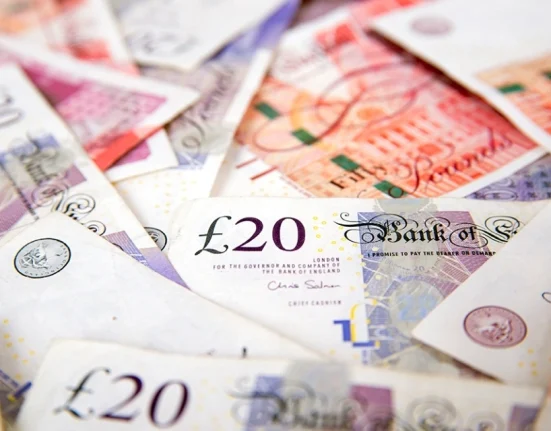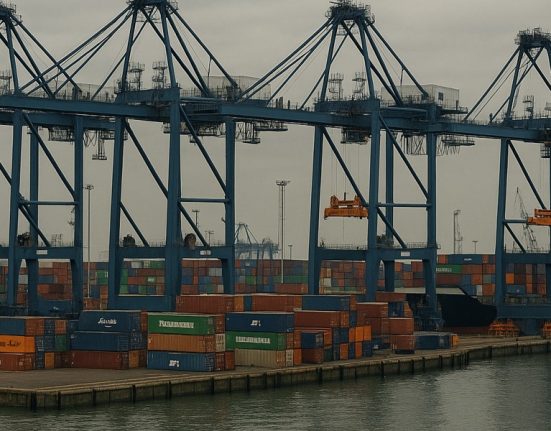Second monthly fall heightens pressure on Labour
The UK economy shrank by 0.1% in May, marking the second consecutive monthly decline in growth and sparking renewed concerns about the Labour government’s ability to deliver on its economic pledges.
The contraction follows a sharper 0.3% fall in April, suggesting that the momentum from early 2025 has faltered amid rising business taxes, global uncertainty, and constrained public finances.
The Office for National Statistics (ONS) reported that May’s performance was dragged down by downturns in oil and gas extraction, manufacturing, construction, and retail.
The services sector, which has previously buoyed the UK economy, provided only partial offset. The data was a blow to economists who had forecast modest growth of 0.1% for the month.
Reeves under pressure as fiscal hole grows
Chancellor Rachel Reeves, whose strategy to fund public investment is centred on economic growth, described the figures as “disappointing” but reaffirmed her determination to “kick-start” the economy.
However, with economists estimating a £20bn gap in Labour’s fiscal plans and warning that just a small downgrade to productivity growth forecasts could cost another £10bn, the room for manoeuvre is shrinking fast.
Reeves’ approach of hiking taxes on businesses and financial services has faced mounting criticism.
Business leaders, including the CBI’s lead economist Ben Jones, have urged the chancellor to avoid stifling growth further.
“Work alongside firms to dismantle barriers to growth,” Jones said, warning against further tax raids on the City and UK companies.
Markets react to uncertainty
The pound dropped sharply following the ONS release, falling 0.5% against the US dollar and 0.6% against the euro.
Markets are now pricing in two quarter-point rate cuts by the Bank of England before the end of 2025, with some analysts predicting the first move could come as early as August.
The Bank has warned that the relatively strong growth in early 2025 was boosted by one-off factors such as businesses bringing forward activity ahead of expected tariffs from the US. Stripping those out, underlying economic activity remains weak.
Political and economic risk collide
The gloomy growth figures overshadowed a cabinet “away day” convened by Prime Minister Sir Keir Starmer to strategise ahead of the autumn Budget.
Ministers are grappling with the fiscal fallout from Labour’s recent U-turns on welfare reform and winter fuel payments – reversals that have reportedly added more than £6bn to public borrowing commitments.
With signs of global economic slowdown, including the looming impact of protectionist measures from President Trump, economists remain pessimistic about the UK’s short-term prospects.
The shadow chancellor, Sir Mel Stride, accused Labour of triggering a “ticking tax time bomb” and said its “reckless choices” had led to the contraction in May.
As the government seeks to stabilise confidence and restore growth, it faces a daunting challenge: stimulating the economy without deepening the fiscal hole or alienating the business community it relies on for investment and jobs.







